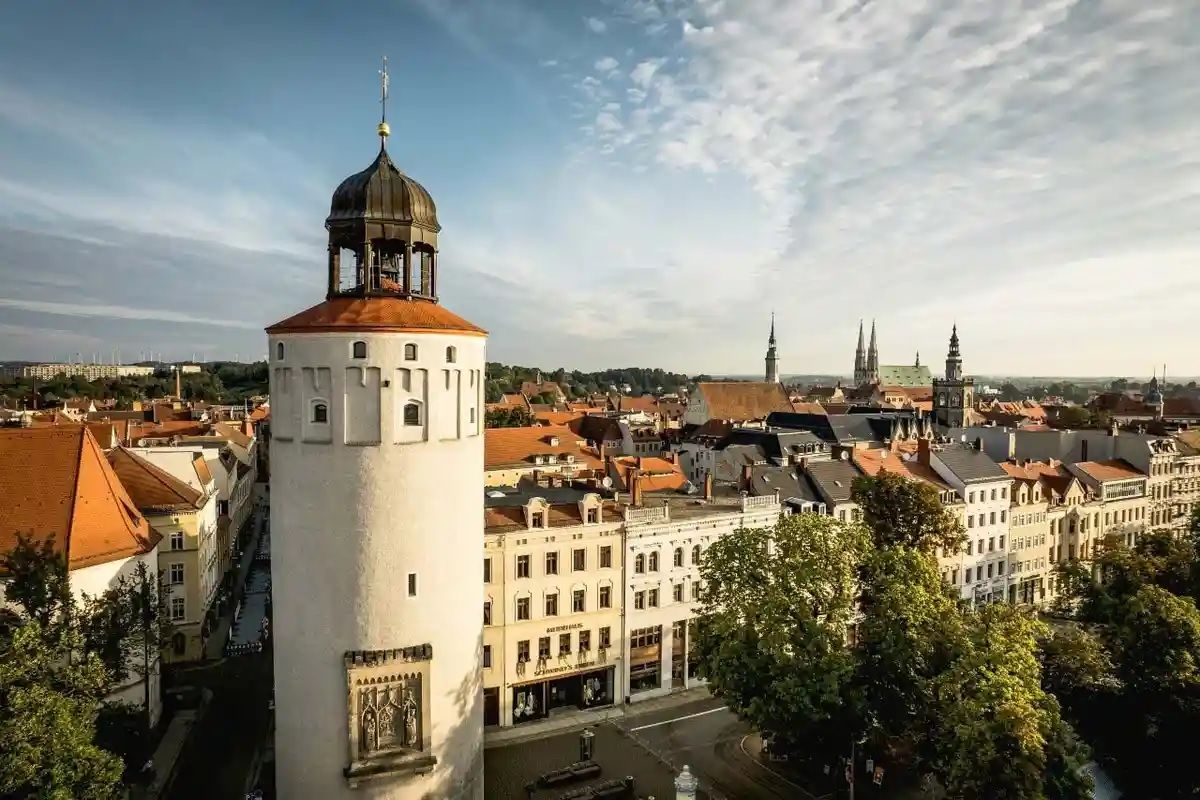As the Christmas holidays approach, the duration of daylight decreases, and St. Thomas Day arrives. The peak will be reached on December 20, making it the longest night of the year.
Related topic: Germans' favorite holidays
Also on December 21, considered the shortest day of the year, in Germany, these night and day are known as Thomasnacht and Thomastag. According to traditional beliefs, they are considered times of strange events, bringing their own unique superstitions and traditions.
Traditions on St. Thomas Day in Germany
Originally dedicated to the 'doubting' apostle Thomas, this day traditionally marked the shortest day of the year since, according to the Scriptures, he was the last of the apostles to believe in the resurrection of Jesus.
In the Bible, Thomas tells the other disciples that he will not believe that Jesus has risen until he touches the wounds left by the crucifixion. A few days later, he meets Jesus, who tells him not to doubt and allows him to touch his wounds. Thomas asks for forgiveness.
The Feast of St. Thomas was included in the Roman Catholic calendar in the ninth century and assigned to December 21. Since 1970, according to the Roman Catholic calendar, the feast of St. Thomas is actually celebrated on July 3, the day when the apostle was mentioned in the Martyrology of St. Jerome.
Many Christians, including traditionalist Catholics, Lutherans, and Anglicans, still observe his feast on December 21. In Germany, the celebration of St. Thomas Day (Thomastag) continues to fall on this day.

While this holiday is predominantly considered Catholic, many traditions associated with this day trace back to pagan times when the 'long night' marked a fearful period of revelry, monsters, and superstitious beliefs.
The multitude of supernatural forces descending to Earth during this period meant that many believed it was an appropriate time for predicting the future.
On St. Thomas Day, many people attempted to glimpse what fate had in store for them through practices such as lead pouring (Bleigiessen) and shoe tossing (Shuhwerfen).
St. Thomas Day was another time when people sought to ward off demons. They believed that evil spirits feared loud noises, so they rang bells, cracked whips, and held loud processions with intimidating signs.
In some parts of Bavaria, it was a traditional practice on St. Thomas Day to slaughter a pig to prepare meat and sausage for Christmas. Everyone would then gather around a festive table and feast on roasted pork.
Related topics:
After celebrating St. Thomas Day on December 21, many Germans continue to embrace traditional practices such as lead pouring and shoe tossing to predict their future. Despite the holiday's Catholic origins, the 'long night' has deep-rooted pagan connotations, with beliefs in supernatural forces and the need to ward off demons through loud noises and festive gatherings.
Incorporating aspects of the past into modern celebrations, Life in Germany offers a unique blend of religious and cultural observances, making each holiday a cherished part of the German people's annual traditions.








